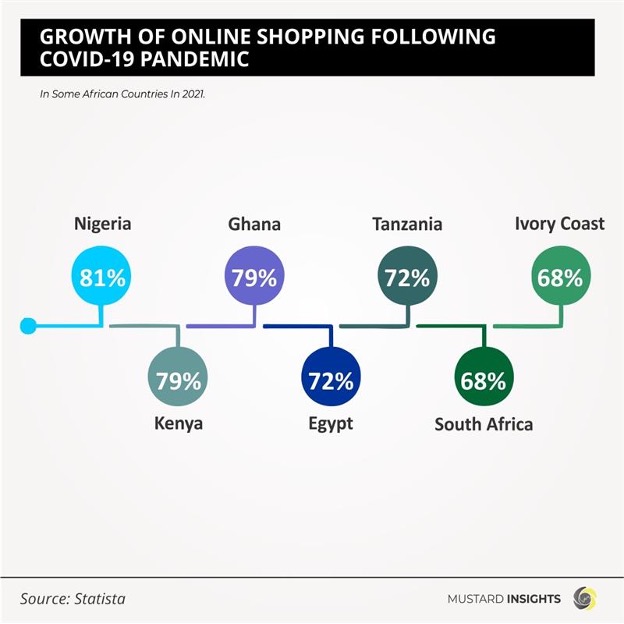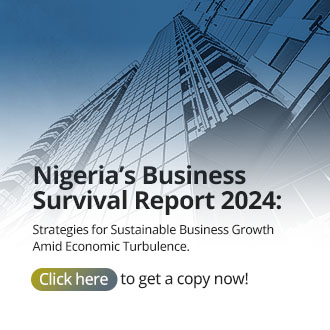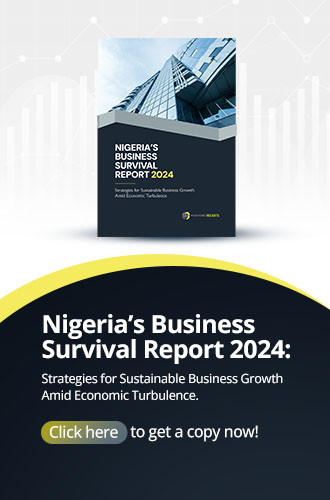E-Commerce in Africa: Nigeria, Kenya, Ghana leading growth in online shopping market
The onset of the Covid 19 pandemic halted activities worldwide, thereby altering the way we interact with the people, as well as the environment around us. The truncation of activities meant that people had to find other ways of accomplishing/ completing day-to-day tasks, for their continued existence. Therefore, one of the many sections that were primarily impacted by the pandemic was the shopping/retail industry.

The onset of the Covid 19 pandemic halted activities worldwide, thereby altering the way we interact with the people, as well as the environment around us. The truncation of activities meant that people had to find other ways of accomplishing/ completing day-to-day tasks, for their continued existence. Therefore, one of the many sections that were primarily impacted by the pandemic was the shopping/retail industry.
Upon the implementation of the lockdown procedures, people began to depend solely on the buying and selling of goods and services over the internet (e-commerce) for sustainability, and after lockdown measures were reduced, the bulk of the people in Africa resolved to continue with that process. For example, Statista reported that in 2020, 70 percent of Nigerian e-commerce users were planning to do less supermarket shopping even after the pandemic. The same was true for 65 percent of South Africans and 64 percent of Kenyans”
This article briefly discusses how African countries are responding to e-commerce growth in a post-pandemic era.
Leading African Countries in online Shopping
Nigeria has the highest online shopping growth since the pandemic with a percentage growth of 81%, which means that four out of five Nigerians result to online stores for their shopping. Jumia Nigeria, Konga, PayPorte, the Flutterwave store, and Pocket by Piggyvest are some of the top online retailers in Nigeria. However, Kenya placed second on the list of countries with the most online shopping growth with a growth percentage of 79%, while Ghana tied along sides Kenya with a growth percentage of 79%.
Egypt and Tanzania placed fourth on the list with a growth percentage of 72%. South Africa placed sixth on the list with a percentage growth of 68%, leaving Ivory Coast last on this list with a percentage growth of 68%.
What did they spend their money on?
According to reports, most of the citizens in these countries spent their funds online on essential items such as data top-ups, apparel, beauty products, FMCGs (fast-moving consumer goods), computers and computer equipment, healthcare products, clothing, groceries and gifts. With data top-ups, beauty products, clothing and FMCGs recording the highest percentage of money spent overall.
Key Takeaways
With the increase of internet access and technology in Africa, there is no doubt that the continent will continue to see shifts in the way people purchase goods in today's economy, as a recent study by StockApps.com (a leading stock trading and news application) stated that the e-commerce market is set to reach an annual revenue of $46.1 billion by 2025. Meaning that this may be a good time to invest in e-commerce.
Thoughts?
We won't share your email address. All fields are required.
